I want to run a simple sql group by query in kibana 4 "Discover" page.
Each record in my elastic search index represent a log and has 3 columns: process_id (not unique value), log_time, log_message.
example:
process_id log_time log_message
---------------- -------------------- --------------------
1 2014/12/11 01:00 msg1
1 2014/12/11 01:10 msg2
1 2014/12/11 01:20 msg3
2 2014/12/11 11:00 msg4
2 2014/12/11 11:10 msg5
I want to generate a table in kibana that looks like:
process_id first log_time last log_time
---------------- ------------------------ --------------------
1 2014/12/11 01:00 2014/12/11 01:20
2 2014/12/11 11:00 2014/12/11 11:10
In sql the query is simple: select process_id, max(log_time), min(log_time) from logs_table group by process_id
How can I run this query in Kibana? Is it possible to run the query in "Discover" page or should I create a panel (Visualize page)?
thanks.


